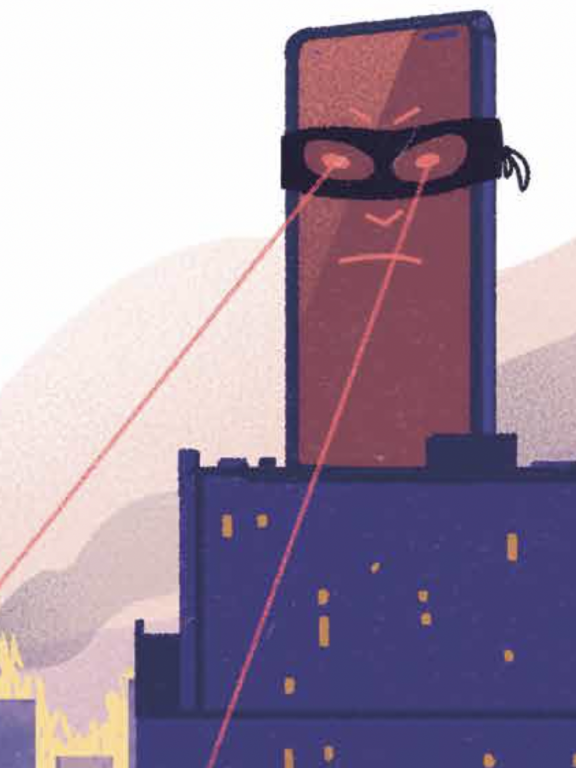I recently contributed a blog post to the Montreal AI Ethics Institute. This organization empowers people everywhere to get involved in AI ethics and decisions involving the development and deployment of systems that involve AI.
How to Help People Understand AI
Montreal AI Ethics Institute Blog, March 30, 2022
Will AI come alive and take over the world? This is not a scenario that AI experts worry about. However, I write about science and technology for kids. And the movies and TV shows they watch are packed with story lines about rogue robots and intelligent machines turned evil. AI is never a data-crunching algorithm that folds proteins or turns speech into text. It’s either a hero or a villain. It is C3PO and R2D2 in Star Wars. It is the Terminator and the mechanical spiders controlling the Matrix.
Unfortunately, kids aren’t the only ones who misunderstand AI. Most adults in the developed world probably realize that AI technology lets computers do smart things. But that may be all they know. A 2017 study by Pegasystems asked respondents if they had ever interacted with AI technology. Only 34% said “yes,” while the others said “no” or “not sure.” In fact, based on the devices these respondents reported using, 84% of them had interacted with AI. This type of vague familiarity with AI can lead to some serious misunderstandings about what this technology is and what it can do – now or in the future.
My latest book for kids, Welcome to the Future (Quarto, 2021), looks at science fiction visions of the future and explores what might actually happen – with robots and AI as well as with genetic engineering, virtual reality, and more. The book also asks kids to think about ethical issues related to technology – how can we make sure that future technology benefits all of humanity?
To answer these types of questions, kids (and adults) must understand what AI is actually capable of. To get to this type of understanding, they need clear and accurate science communication about AI. Science communicators must bridge the divide between the AI of science fiction and the real AI that engineers build today.
Read more: How to Help People Understand AI

